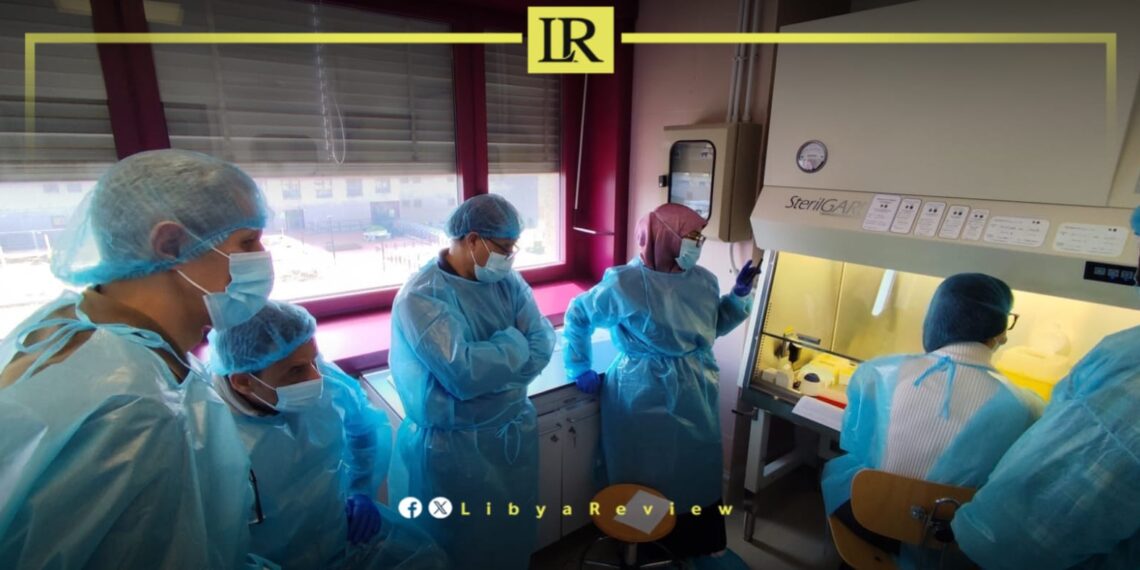The European Union Border Assistance Mission in Libya (EUBAM Libya) has launched the third phase of its forensic training programme in partnership with Italy’s University of Rome Tor Vergata. The course, held in May, aims to boost the forensic capabilities of Libyan Ministry of Interior experts.
Fifteen Libyan forensic professionals, including four women, are participating in the intensive training. The programme includes practical instruction in advanced laboratory techniques and an introduction to cutting-edge forensic technologies. It follows an earlier phase conducted from 7 to 16 April.
The training focuses on disciplines such as genetics, toxicology, anthropology, and evidence preservation. These skills are vital for supporting criminal investigations, including the identification of flood victims in Derna and those found in mass graves in Kufra and Sabha.
According to EUBAM, this collaboration between Italy and Libya “marks an important step towards sustainable cooperation and strengthens a shared commitment to fighting crime through credible investigations.”
Alessio Zuccarini, Head of Operations at EUBAM, described the course as a significant milestone in enhancing Libya’s forensic capabilities. “This successful training session reinforces our commitment to equipping Libyan experts with vital skills for administering justice,” he said.
The Libyan team also visited the exhibition Truth in Traces – More than 120 Years of Forensic Police, gaining valuable insight into the evolution of forensic investigation methods.
The initiative comes amid wider challenges in Libya’s healthcare system. A recent World Bank report highlighted a severe shortage of qualified specialists, worsened by underfunding and outdated administrative systems. While some medical fields are saturated, others lack essential personnel, resulting in a health system that is “expensive but ineffective.”


